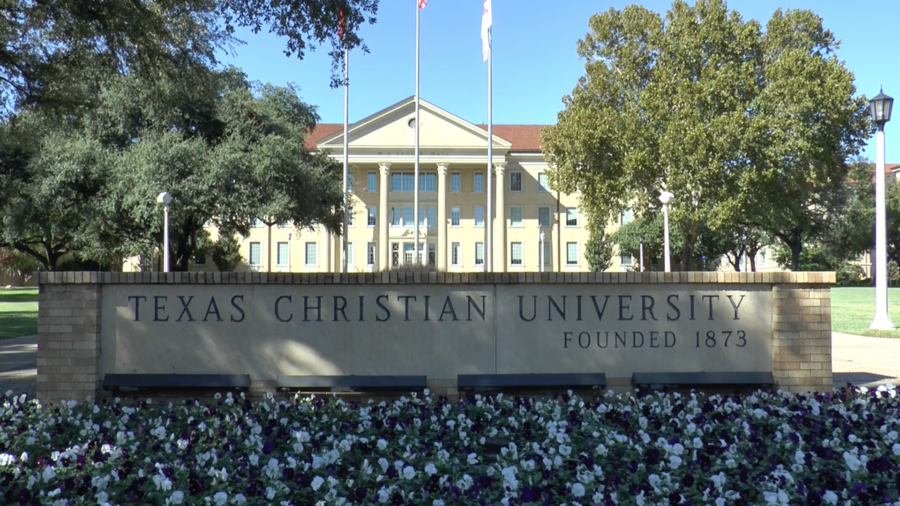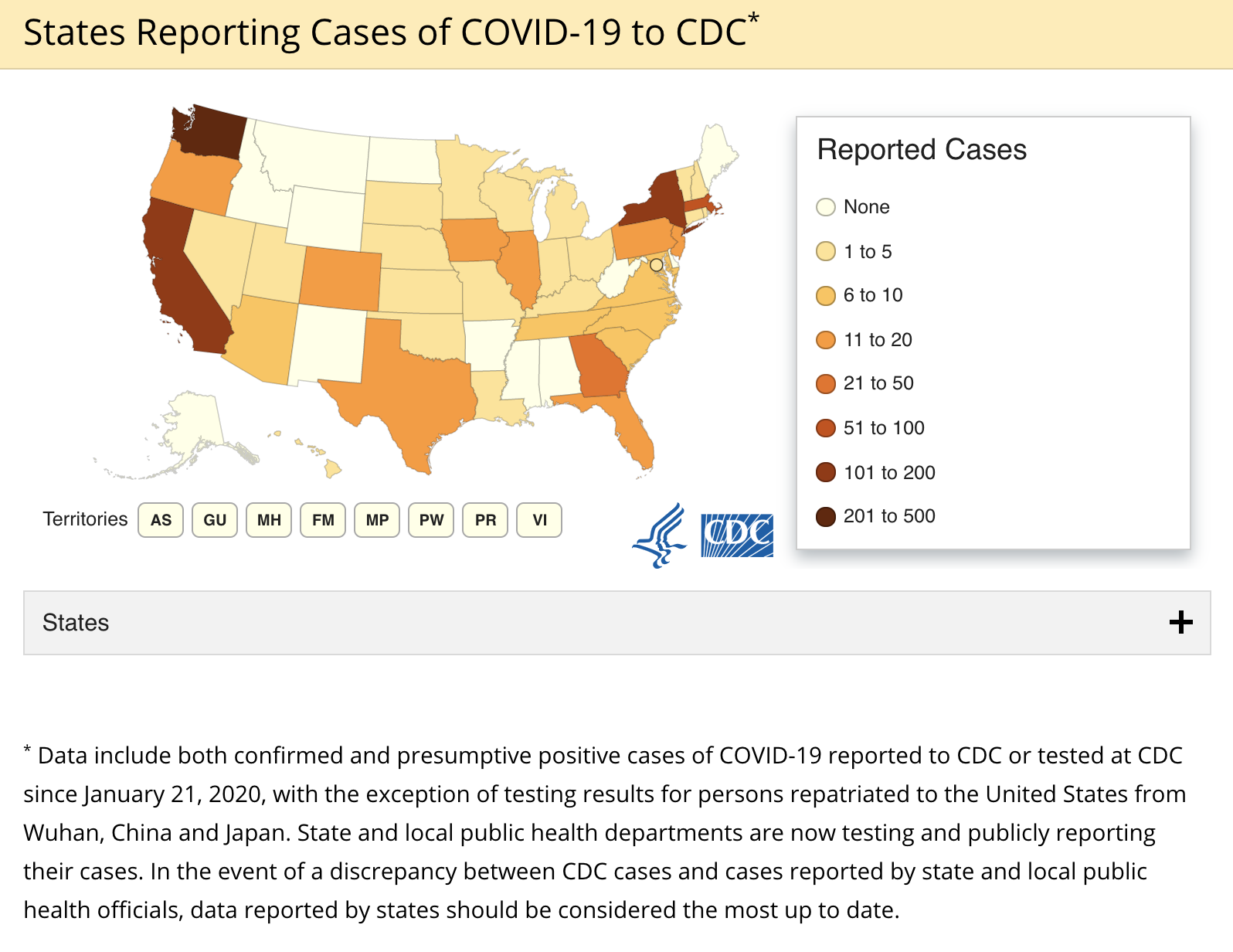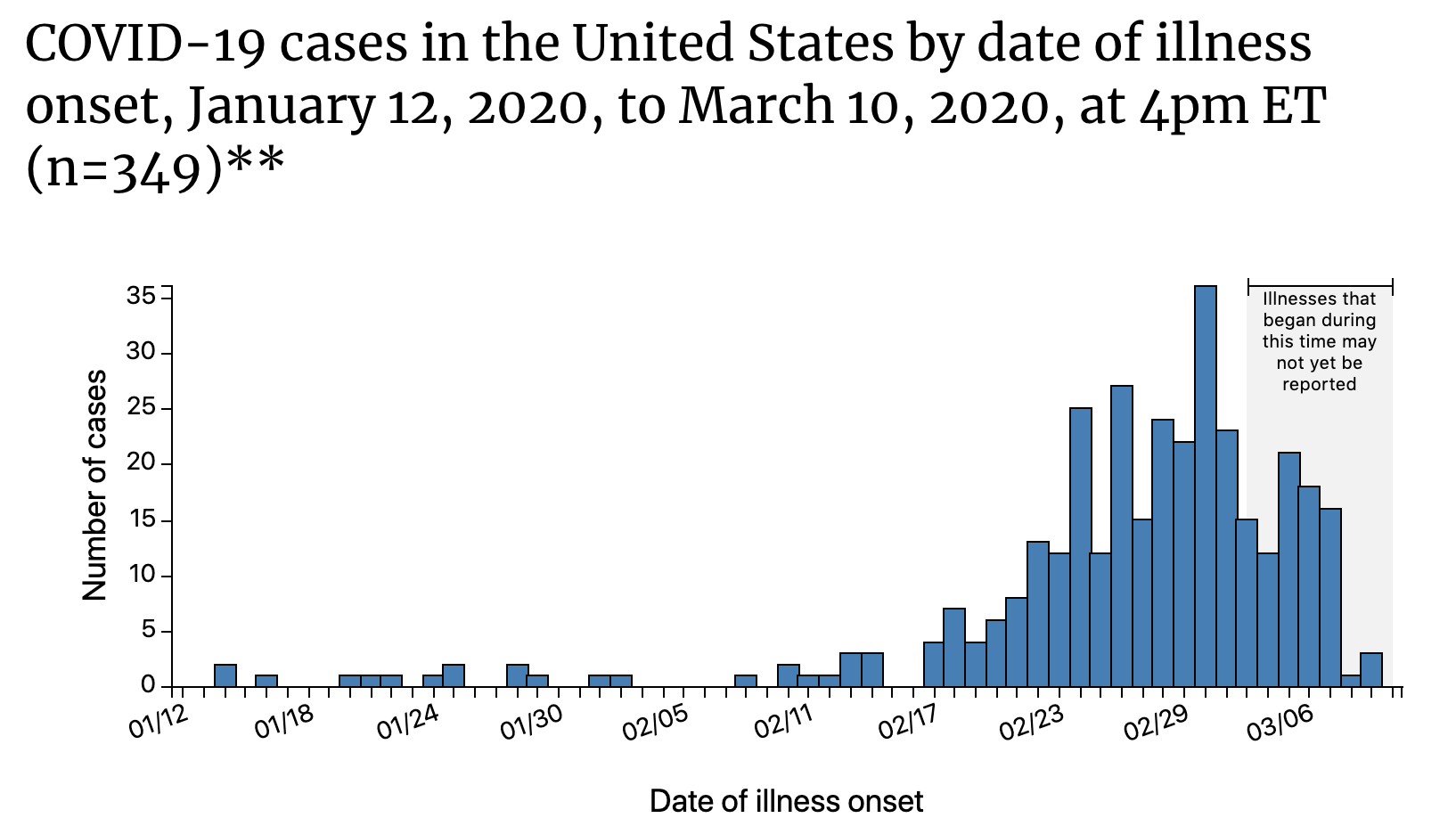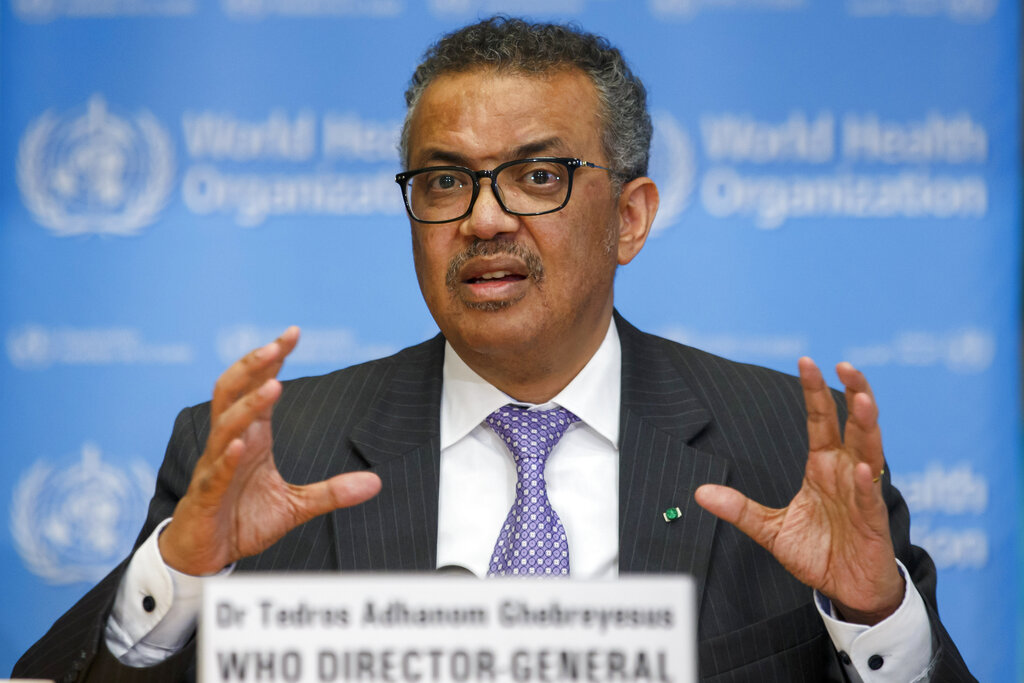
TCU joined a growing list of colleges and universities across the country shifting to online classes hours after the World Health Organization declared the COVID-19 a pandemic.
In a campus-wide email, Chancellor Victor Boschini announced that spring break will be extended through March 20; when classes resume on March 23, they will be online only until at least April 3, Boschini wrote.
The move is a form of social distancing, a strategy used to limit the spread of the virus by reducing opportunities for it to spread, according to the Centers for Disease Control and Prevention (CDC).
There are no cases of the virus on TCU’s campus.
In declaring the first pandemic caused by a coronavirus, WHO Director-General Tedros Adhanom Ghebreyesus said to date, there are more than 118,000 cases in 114 countries; 4,291 people have died. In addition, 81 countries have reported no cases, and 57 countries have reported no more than 10 cases.
“Describing the situation as a pandemic does not change WHO’s assessment of the threat posed by this virus,” Ghebreyesus said. “It doesn’t change what WHO is doing, and it doesn’t change what countries should do.”
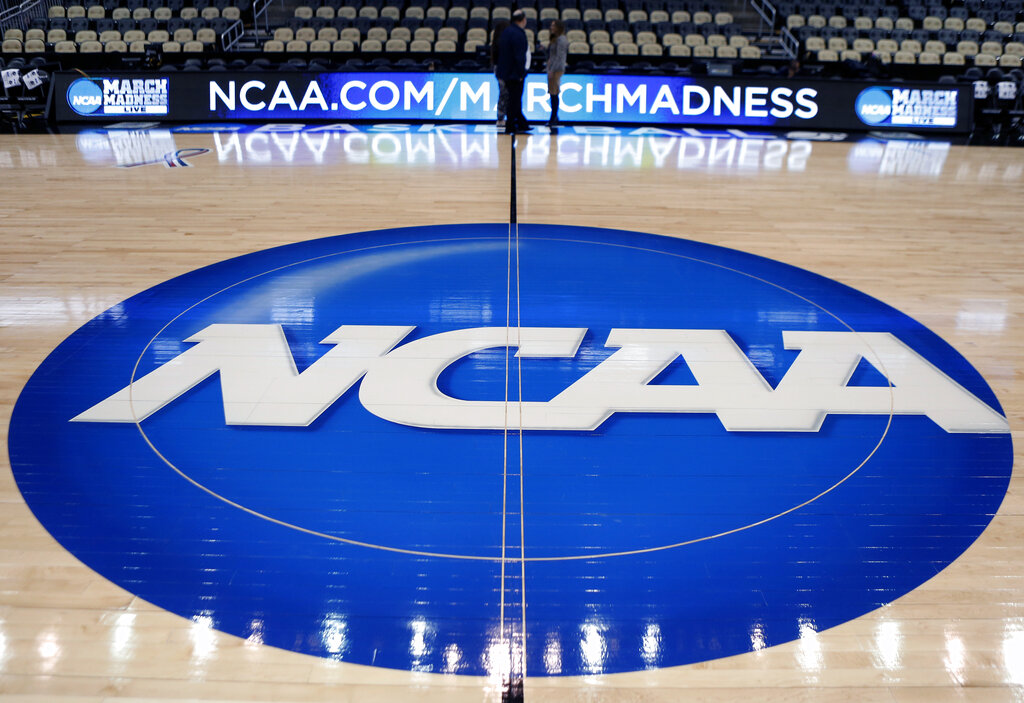
Concerns about the coronavirus are also affecting attendance regulations at several events.
In a statement, NCAA President Mark Emmert said only “essential staff and limited family attendance” would be allowed at the upcoming championship events, including the Division I men’s and women’s basketball tournaments.
In a release, TCU Athletics said all home athletics events until April 3 are closed to fans; only essential personnel and a limited number of family members of athletes will be allowed.
The Austin-based film and technology festival South by Southwest was canceled amid concerns over the virus when the city’s mayor, Steve Adler, declared a local disaster.

Though there are no positive cases of the coronavirus on TCU’s campus, Tarrant County’s first presumptive positive case of the coronavirus was identified.
The patient is the rector of Trinity Episcopal Church in Fort Worth, the Rev. Dr. Robert Pace. According to a statement released by All Saints’ Episcopal School, Pace’s wife — the Rev. Dr. Jill Walters — tested negative for the virus but is remaining in self-quarantine for 14 days.
In his email, Boschini asked all students who have been away from campus not to return until they are instructed to do so.
“We have a responsibility to each other, our campus and the greater community to help ensure good health, decrease the potential impacts of COVID-19, and to prevent its exposure to vulnerable populations,” Boschini said.
As early as last Friday, TCU faculty and staff began preparing for the transition to online classes. Provost Dr. Teresa Abi-Nader Dahlberg said in an email instructors may continue their teaching via TCU Online, Zoom, Box and platforms not supported by TCU, such as Google Hangouts, Google Docs and Skype.
TCU has also suspended all international travel and non-essential domestic travel, according to the university’s website. On Feb. 28, TCU instructed all students traveling in Italy to come back to the U.S.
After the break, the TCU Health Center will be giving out prevention kits to residence halls; the kits contain a thermometer, sanitizing wipes, hand sanitizer, facial tissues and a pack of Emergen-C.
Campus housing will be open for students who can’t travel or have no place to go, Kathy Cavins-Tull, the vice chancellor for student affairs, wrote in an email. Students must register with Housing & Residence Life to stay on campus.
Campus Recreation Services will be closed, but Counseling and Mental Health Services is available for appointments over the phone and tele-health, and TCU Dining Services will have reduced openings.
Cavins-Tull said on-campus student workers could choose whether to work while classes are being offered online.
Updates will be posted on TCU’s website.

